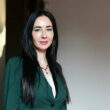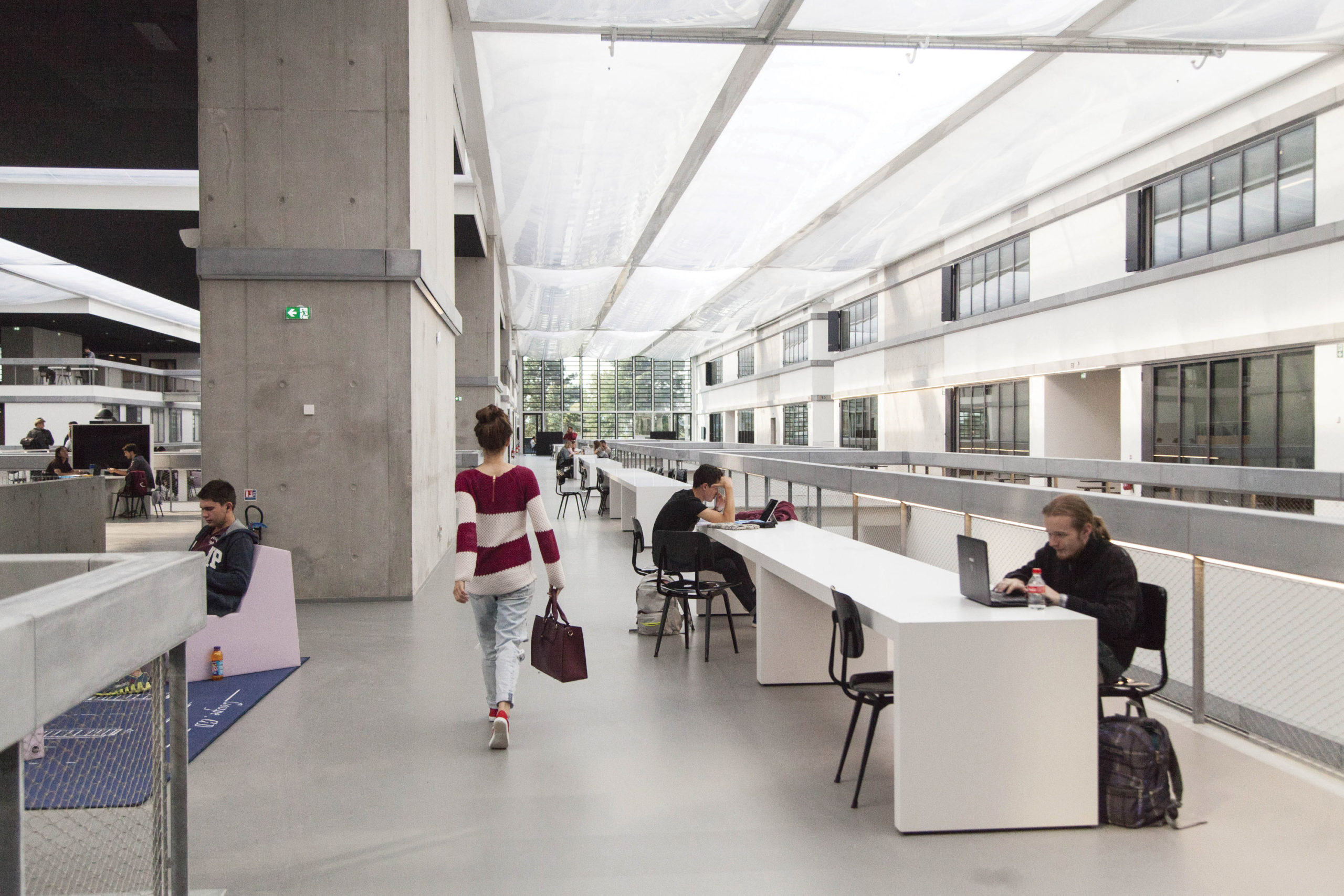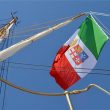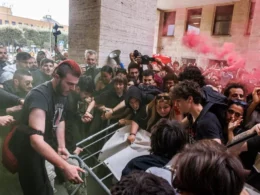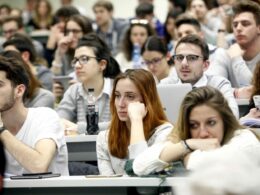L’Università Parigi-Saclay, insieme alle Università di Evry Val d’Essonne e Versailles Saint-Quentin, sue partner nazionali quando si tratta di ricerca hanno deciso collettivamente di rilasciare fondi di ricerca specifici in risposta alla pandemia.

A seguito di un invito interno a presentare progetti, 27 progetti saranno finanziati per un bilancio totale di 915.700 €.
La crisi sanitaria globale ha dimostrato quanto sia fondamentale la ricerca scientifica per il futuro dell’umanità. Perché, in tutto il mondo, le università sono il luogo in cui la conoscenza viene costruita e trasmessa alle giovani generazioni attraverso l’istruzione; sono in prima linea nell’affrontare le immense sfide che affrontiamo.
Come molte delle sue controparti, l’Università di Parigi-Saclay ha deciso all’inizio della pandemia di lavorare con i suoi partner su un eccezionale programma di ricerca dedicato. Ha lanciato un invito interno a progetti, nell’ambito di un programma di ricerca senza precedenti, i cui risultati sono stati annunciati questa settimana.

Il programma si basa su due assi:
Breve termine: partecipare allo sforzo di ricerca internazionale per aiutare a generare conoscenze per controllare meglio la pandemia e limitarne le conseguenze immediate sulla salute.
Sono state presentate sette domande e la giuria ne ha selezionate quattro, per un finanziamento totale di € 120.000.
A lungo termine – Anticipare la ricerca da lanciare alla fine della crisi / costruire il mondo di domani per la sostenibilità post-Covid-19.
Sono state presentate 46 domande e la giuria ha selezionato 23, per un finanziamento totale di 795.700 €.
Questo programma riflette la volontà e l’impegno delle istituzioni partner e delle comunità lavorative, coerenti con le loro missioni, di prendere parte alla produzione di conoscenza in risposta alla situazione attuale che stiamo affrontando. Tiene conto degli inviti a presentare progetti e iniziative a livello nazionale e internazionale e mira a migliorarne l’efficacia o completarli.
per maggiori info: www.universite-paris-saclay.fr/en
Press Release in English:
Paris-Saclay University announces €1 million research programme to combat Covid-19
Paris-Saclay University, its component institutions, the Universities of Evry Val d’Essonne and Versailles Saint-Quentin, their national research organization partners, as well as the LabEx LERMIT, CHARMMMAT, LASIPS and NanoSaclay have collectively decided to release specific research funds in response to the pandemic. Following an internal call for projects, 27 projects will be funded for a total budget of €915,700.
The global health crisis has shown how crucial scientific research is for the future of humanity. For, throughout the world, universities are the very place where knowledge is built and transmitted to the young generations in education; they are on the front line in meeting the immense challenges we face.
Like many of its counterparts, the University of Paris-Saclay decided at the outset of the pandemic to work with its partners on an exceptional dedicated research programme. It launched an internal call for projects, as part of an unprecedented research programme, the results of which were announced this week.
The programme is built around two axes:
· Short term – Participate in the international research effort to help generate knowledge to better control the pandemic and limit its immediate health consequences.
Seven applications were submitted and the jury selected four of them, for a total funding of €120,000.
· Long term – Anticipate research to be launched at the end of the crisis/ build tomorrow’s world for post-Covid-19 sustainability. 46 applications were submitted and the jury selected 23, for a total funding of €795,700.
This programme reflects the willingness and the commitment of partner institutions and working communities, consistent with their missions, to take part in the production of knowledge in response to the current situation we are faced with. It takes into account existing calls for projects and initiatives at a national and international level and aims to enhance their effectiveness or complement them.
About Paris-Saclay University
Paris-Saclay University brings together ten university components (5 faculties, 3 IUTs, a university engineering school and an Observatoire des Sciences de l’Univers), four grandes écoles (AgroParisTech, CentraleSupélec, Institut d’Optique Graduate School, ENS Paris-Saclay), an institute for advanced research in basic sciences (IHES), two associate member universities (UVSQ and UEVE) and laboratories shared with major research organizations (CEA, CNRS, Inrae, Inria, Inserm and Onera).
Composed of 48,000 students, 9,000 teacher-researchers and 11,000 technical and administrative staff, it offers a complete and varied range of training courses from Bachelor’s to Doctorate level, and is recognised for its quality of education thanks to the reputation and commitment of its teaching staff.
Located south of Paris, on land that stretches from Paris to Orsay, via Evry and Versailles, Paris-Saclay University benefits from a strategic geographical and socio-economic position that its international visibility helps to reinforce. At the same time a cutting-edge university, with a predominantly scientific focus but also recognised for its training in the human and social sciences, Paris-Saclay University operates in a classified natural environment, close to Paris, and at the heart of a dynamic economic hub.







